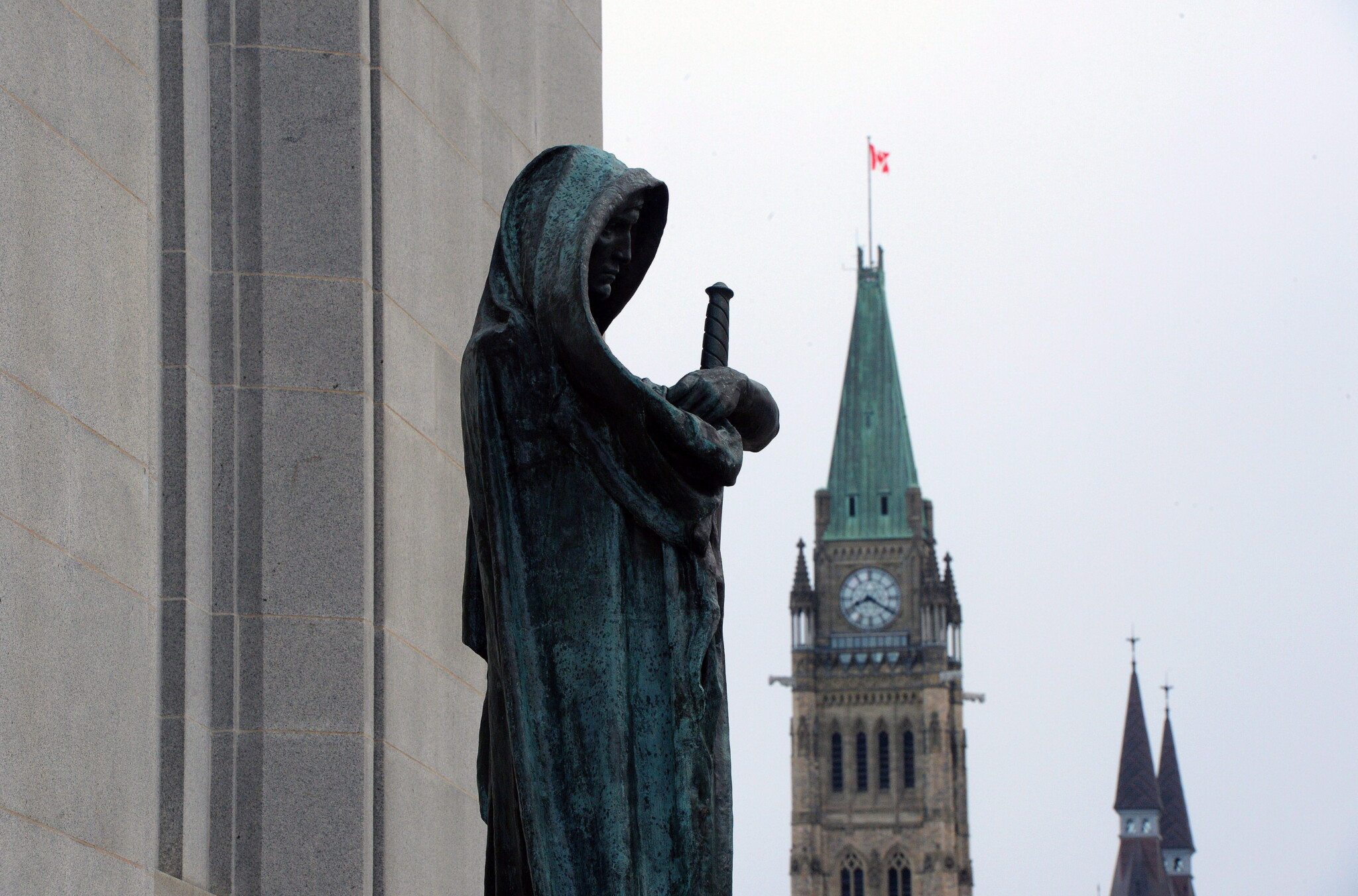The recent Supreme Court of Canada decision in R v Power is an important and principled win for skeptics of state power who desire accountability when the government hurts people by passing unconstitutional laws. In Power, the Trudeau government made the shocking claim that they enjoy absolute immunity from being sued for damages—money awards—by people who are hurt by unconstitutional laws. The court rejected this expansive claim, which had attempted to overturn a 22-year-old precedent from a case called Mackin. The court affirmed the principles of constitutionalism and the rule of law by holding that in some narrow circumstances, we can sue our government for enacting unconstitutional laws.
Those who have decried the decision as a radical expansion of judicial power, including Asher Honickman in The Hub, are being needlessly alarmist and evincing a blind spot for state overreach.
It is important here to distinguish between suing the government for unconstitutional acts by state agents and the executive and suing for Parliament’s passage of unconstitutional laws. A classic example of suing for an unconstitutional act by a state or executive actor is a lawsuit for police brutality. It is well established that we can sue for that and damages are necessary not only to compensate people but to deter bad government actors from violating rights. But what if you have damages flowing from the passage of the law itself?
That was the scenario Joseph Power found himself in. Power was convicted of criminal offences in the 1990s. He served his time and became an X-ray technician. He investigated getting a pardon but by the time he got around to it, the regime had changed and there was a new federal law that prohibited him from getting the pardon. It eventually came out to his employer that he had a criminal record and so he was let go from his job. That law that prevented him from getting the pardon was struck down as unconstitutional, but by then he’d already lost his job and his income. He wanted to sue the government for the damage that their unconstitutional law had caused. The question that went to the Supreme Court was simple: could he sue?
Contrary to Honickman’s assertion that Power “overrules decades of the court’s own jurisprudence,” this is not a novel question. Mackin held that one can sue for an unconstitutional law if a specified threshold is met: if the law was enacted in bad faith, an abuse of power, or clearly unconstitutional. The threshold to sue for an unconstitutional law in Mackin is extremely high. It should be; governments cannot govern effectively if there is a permanent spectre of financial liability hovering over every policy decision.
On the other hand, governments should not be immunized from flouting our constitutional rights in bad faith.








